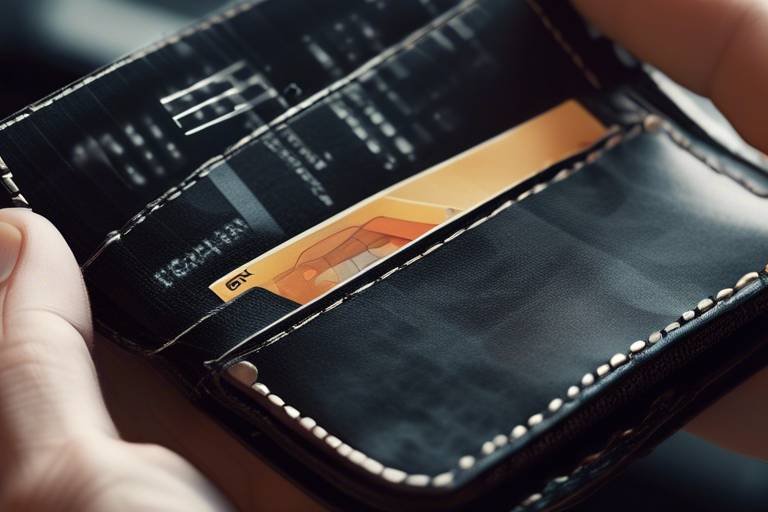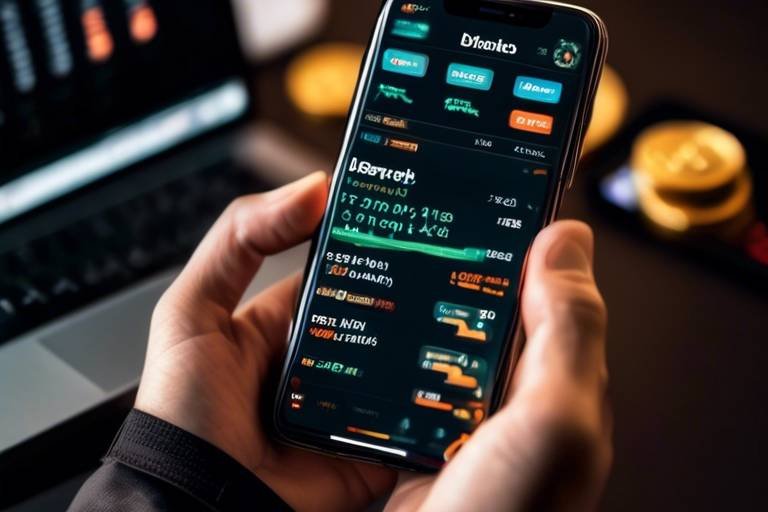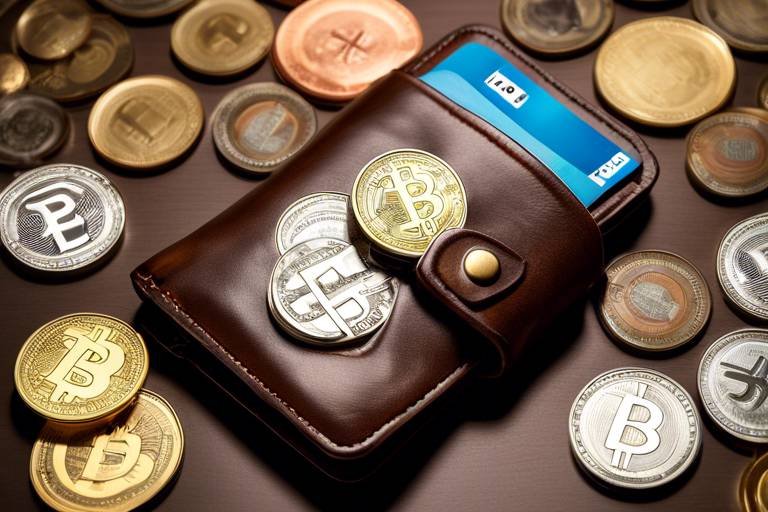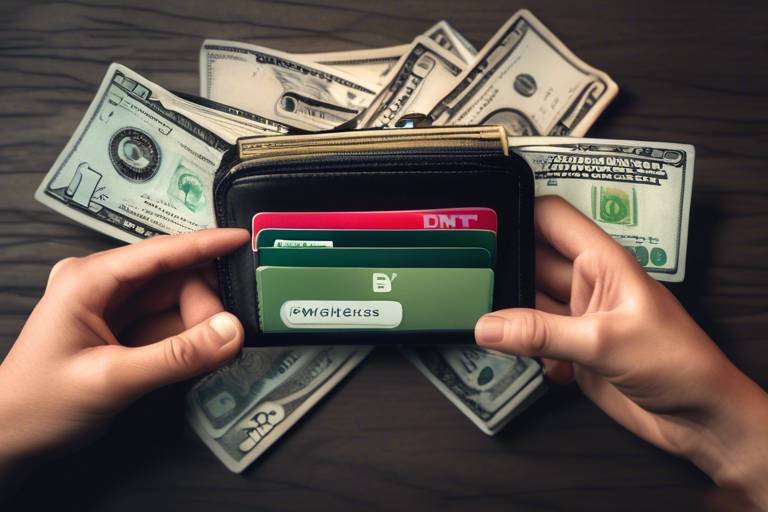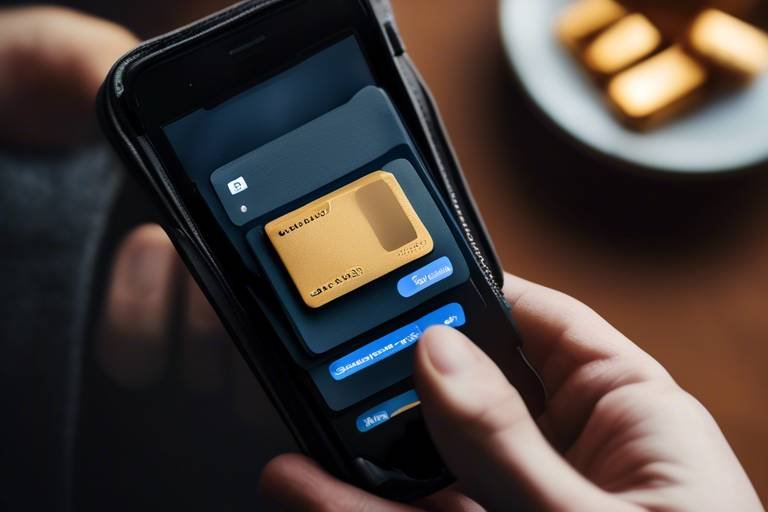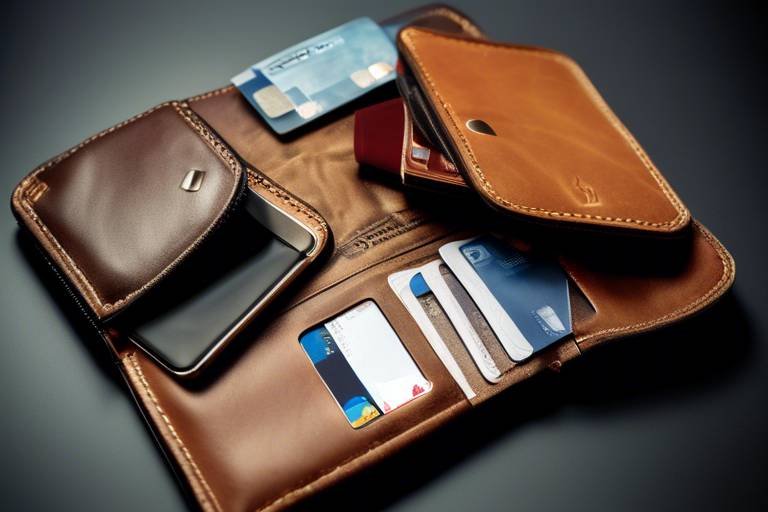The Best Wallets for Storing NFTs
In the ever-evolving world of digital assets, NFTs (non-fungible tokens) have emerged as a revolutionary way to own and trade unique digital items. As exciting as this new frontier is, it also brings up a critical question: how do you keep your precious NFTs safe? The answer lies in choosing the right wallet. In this article, we will explore the top wallets available for securely storing NFTs, highlighting their features, security measures, and usability. By the end, you'll be equipped to make an informed decision on the best option for your digital assets.
NFT wallets are specialized digital storage solutions designed to hold non-fungible tokens. Think of them as your digital vaults, where you can securely store everything from digital art to collectibles. Unlike traditional wallets that hold cash and cards, NFT wallets are tailored specifically for the unique nature of digital assets. They come in various forms, including hot wallets and cold wallets, each serving different purposes. Choosing the right wallet is crucial because it directly affects the security and accessibility of your NFT collection. A well-chosen wallet not only protects your assets but also enhances your experience in the NFT marketplace.
When it comes to NFT wallets, there are several types to consider, each with its own unique advantages and disadvantages. The primary categories include:
- Hot Wallets: These are connected to the internet and offer convenience for frequent transactions, making them ideal for active traders.
- Cold Wallets: Also known as offline wallets, these provide enhanced security for long-term storage, perfect for users looking to keep their NFTs safe from online threats.
- Hardware Wallets: A subtype of cold wallets, hardware wallets store your NFTs on a physical device, adding an extra layer of protection.
Each type caters to different user needs and preferences, so understanding their features is essential for making the right choice.
Hot wallets are your go-to option if you prioritize convenience. They're always connected to the internet, allowing for quick transactions and easy access to your NFTs. However, this accessibility comes with a trade-off: hot wallets can be more vulnerable to hacks and other online threats. If you're someone who frequently trades or interacts with NFTs, a hot wallet might be the right choice for you. Just remember, with great power comes great responsibility—it's crucial to implement robust security measures.
Some of the most popular hot wallet options for NFT collectors include:
- MetaMask: A widely-used browser extension that allows users to interact with decentralized applications (dApps) and manage NFTs seamlessly.
- Trust Wallet: A mobile wallet that supports a wide range of cryptocurrencies and NFTs, offering a user-friendly interface.
- Coinbase Wallet: Known for its strong security features and integration with the Coinbase exchange, making it a popular choice among crypto enthusiasts.
These wallets not only provide a platform for managing your NFTs but also come with additional features that enhance usability and security.
While hot wallets offer convenience, they also pose significant security risks. Common threats include phishing attacks, malware, and hacking attempts. To safeguard your assets while using hot wallets, consider the following best practices:
- Use strong, unique passwords and enable two-factor authentication.
- Regularly update your wallet software to protect against vulnerabilities.
- Be cautious of suspicious links and never share your private keys.
By taking these precautions, you can enjoy the benefits of hot wallets while minimizing the risks involved.
Cold wallets, or offline wallets, provide enhanced security for long-term storage of NFTs. They are not connected to the internet, significantly reducing the risk of online attacks. If you're a collector who plans to hold onto your NFTs for an extended period, a cold wallet is an ideal choice. Although they may lack the convenience of hot wallets, the peace of mind that comes with knowing your assets are secure is invaluable. Cold wallets can take various forms, including paper wallets and hardware wallets, each offering unique benefits and limitations.
When it comes to selecting the appropriate wallet for your NFTs, several factors come into play. Your trading frequency, security preferences, and the types of NFTs you own will all influence your decision. It's essential to assess your needs carefully to find the wallet that aligns with your goals.
Understanding your personal needs and trading habits is crucial when choosing an NFT wallet. Ask yourself questions like:
- How often do I plan to buy, sell, or trade NFTs?
- Am I more concerned about security or convenience?
- What types of NFTs do I own, and do I plan to diversify my collection?
By evaluating these factors, you can narrow down your options and find the most suitable wallet for your collection.
Different wallets come with unique features such as multi-chain support, user interfaces, and additional security measures. Some wallets may offer built-in marketplaces, while others provide advanced security protocols. It's important to highlight key features when comparing various wallet options for NFTs. Look for:
- User-friendly interfaces that make navigation easy.
- Compatibility with multiple blockchains to expand your NFT collection.
- Strong security features, including biometric authentication and recovery options.
By considering these aspects, you can make an informed choice that best suits your NFT storage needs.
Q: What is an NFT wallet?
A: An NFT wallet is a digital storage solution specifically designed to hold non-fungible tokens, providing security and accessibility for your digital assets.
Q: Are hot wallets safe for storing NFTs?
A: While hot wallets offer convenience, they are more susceptible to online threats. It's essential to implement strong security measures if you choose this option.
Q: What are cold wallets, and why are they recommended for long-term storage?
A: Cold wallets are offline storage solutions that provide enhanced security for long-term NFT storage, making them ideal for collectors who want to protect their assets from online attacks.
Q: How do I choose the right wallet for my NFTs?
A: Consider your trading frequency, security preferences, and the types of NFTs you own. Assess your needs and compare wallet features to find the best fit.
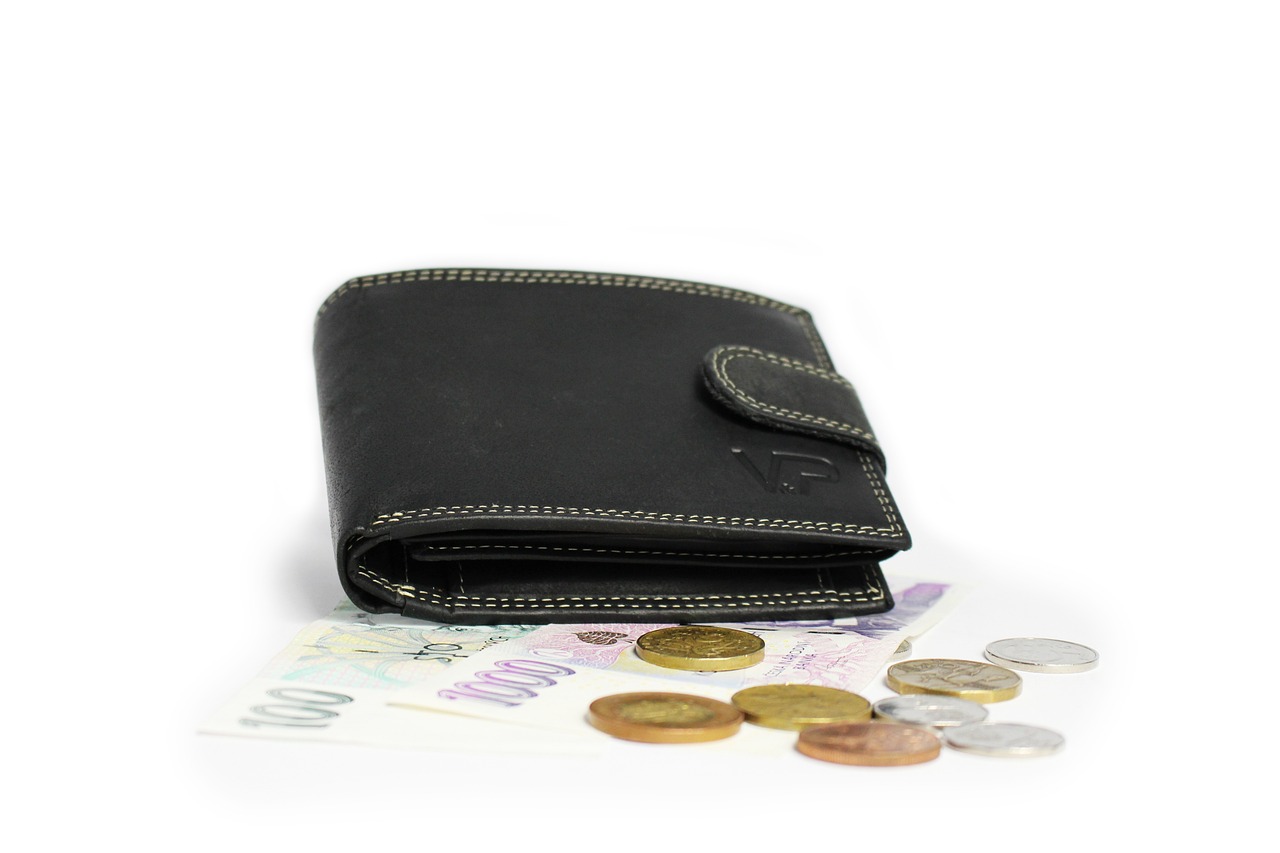
Understanding NFT Wallets
NFT wallets are not just your average digital wallets; they are specialized storage solutions tailored specifically for holding non-fungible tokens (NFTs). These wallets play a crucial role in the world of digital assets, acting as the bridge between you and your unique collectibles. So, what exactly is their purpose? In simple terms, NFT wallets allow you to store, send, and receive NFTs securely. Think of them as your personal vault, keeping your digital treasures safe from prying eyes and potential threats.
When diving into the realm of NFT wallets, it’s essential to understand the different types available. Generally, NFT wallets can be categorized into two main types: hot wallets and cold wallets. Hot wallets are connected to the internet, offering ease of access and quick transactions, while cold wallets are offline, providing enhanced security for long-term storage. Each type serves its purpose, catering to the diverse needs of NFT collectors. Choosing the right wallet is paramount, as it can significantly influence your overall experience in managing your digital assets.
Let’s break it down a bit further. Imagine you’re an art collector, but instead of physical paintings, you own digital artworks stored as NFTs. You wouldn’t want to leave your prized possessions in a place where they could easily be stolen, right? This analogy highlights the importance of selecting a wallet that aligns with your level of activity and security needs. If you’re an active trader, a hot wallet may suit you best due to its convenience. However, if you're more of a long-term holder, a cold wallet might be the better option to ensure your NFTs are securely tucked away.
In addition to understanding the types of wallets, it’s vital to consider the security measures each wallet offers. Security is not just a feature; it’s a necessity. Many wallets come equipped with various protective layers such as two-factor authentication, biometric security, and seed phrase recovery options. These features act as the first line of defense against potential threats. Always remember, the more layers of security, the better protected your NFTs will be.
In conclusion, understanding NFT wallets is fundamental to navigating the digital asset landscape. Whether you choose a hot wallet for its convenience or a cold wallet for its security, the key is to find a wallet that fits your lifestyle and offers robust protection for your valuable NFTs. With the right wallet, you can confidently explore the world of NFTs, knowing your assets are secure.
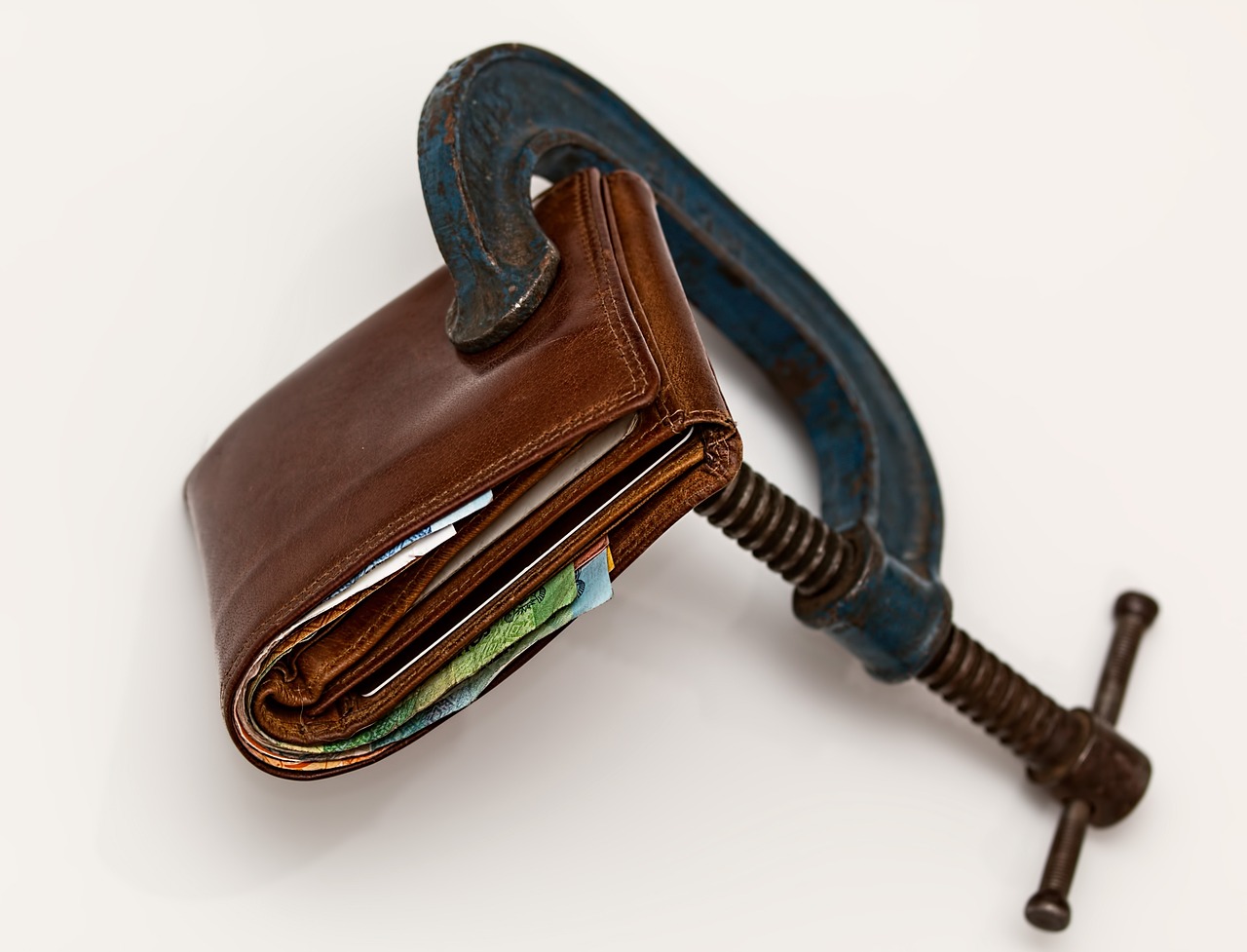
Types of NFT Wallets
NFT wallets come in various forms, each tailored to meet the diverse needs of users in the digital asset space. Understanding the different types of wallets is essential for anyone looking to store, trade, or collect NFTs. At the core, there are three primary categories of NFT wallets: hot wallets, cold wallets, and hardware wallets. Each type offers distinct features, benefits, and levels of security that cater to different user preferences.
Hot wallets are the most commonly used type of NFT wallet, primarily because they are connected to the internet. This connectivity allows for quick and easy access to your digital assets, making them ideal for users who frequently trade or interact with their NFTs. However, this convenience comes at a cost—hot wallets are more susceptible to hacking and other security threats. Users who choose hot wallets must balance their desire for accessibility with the potential risks involved.
On the other hand, cold wallets provide a more secure option for long-term storage. These wallets are not connected to the internet, which significantly reduces the risk of cyberattacks. Cold wallets are perfect for collectors who want to safeguard their valuable NFTs for the long haul. However, the trade-off here is that accessing your assets can be less convenient, as it often requires additional steps to transfer NFTs back to a hot wallet for trading or selling.
Hardware wallets fall under the category of cold wallets but deserve special mention. These physical devices store your NFTs offline and offer a robust layer of security. They are designed specifically for storing cryptocurrencies and NFTs, making them a popular choice among serious collectors. While hardware wallets can be more expensive than other options, the peace of mind they provide is often worth the investment.
To summarize, here’s a quick comparison of the three types of NFT wallets:
| Type | Connection | Security Level | Best For |
|---|---|---|---|
| Hot Wallets | Online | Low to Medium | Frequent traders |
| Cold Wallets | Offline | High | Long-term storage |
| Hardware Wallets | Offline | Very High | Serious collectors |
Ultimately, the choice of wallet depends on your individual needs and how you plan to interact with your NFTs. Whether you prioritize convenience or security, understanding the types of wallets available is the first step in protecting your digital assets.
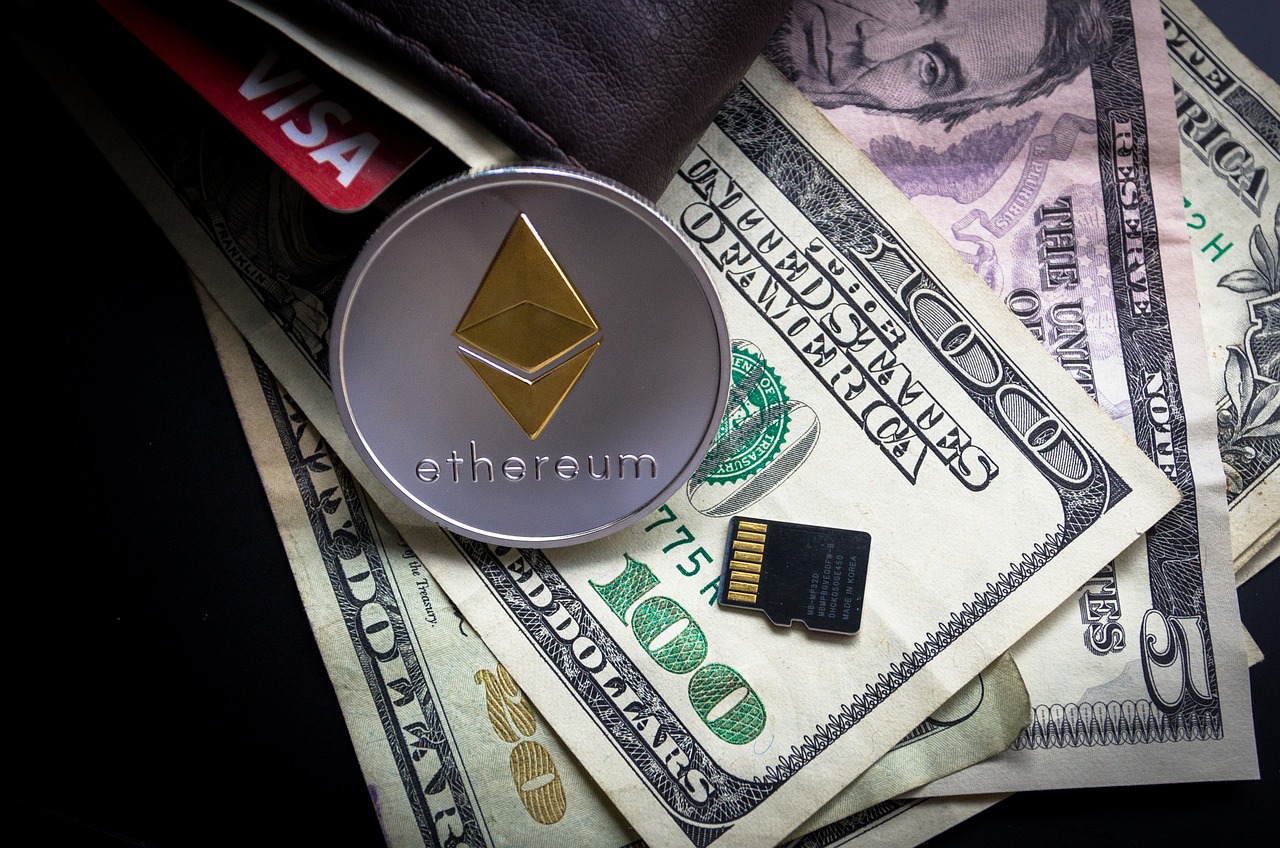
Hot Wallets
Hot wallets are the go-to option for many NFT enthusiasts who crave convenience and speed in their transactions. These wallets are connected to the internet, making them incredibly easy to access and use. Imagine having a digital wallet that you can whip out at any moment to buy, sell, or trade your favorite NFTs—it's like having cash in your pocket, but in the digital realm! However, this convenience comes with a caveat: hot wallets are more susceptible to hacks and security breaches. So, while they can be perfect for those who are active in the NFT marketplace, they might not be the best choice for someone looking to hold their assets long-term.
One of the most appealing aspects of hot wallets is their user-friendly interfaces. Most of them are designed with the average user in mind, meaning you don’t have to be a tech wizard to navigate them. Features like one-click transactions and easy integration with various NFT marketplaces make hot wallets a popular choice. However, it's important to remember that this accessibility can sometimes lead to a false sense of security. Just because it’s easy to use doesn’t mean it’s safe from potential threats.
Let’s take a closer look at some of the most popular hot wallet options available today:
| Wallet Name | Features | Usability |
|---|---|---|
| MetaMask | Supports Ethereum and ERC-20 tokens, user-friendly interface, browser extension | Highly accessible for beginners and experienced users alike |
| Trust Wallet | Multi-chain support, built-in DApp browser, mobile-friendly | Great for users who want a mobile-first experience |
| Coinbase Wallet | Integrated with Coinbase exchange, user-friendly, supports various tokens | Ideal for users already familiar with Coinbase services |
While hot wallets provide an easy entry point into the world of NFTs, they also come with their own set of security risks. Phishing attacks, malware, and other forms of cyber threats can compromise your assets if you’re not careful. To safeguard your investments, consider implementing some best practices:
- Enable Two-Factor Authentication (2FA): This adds an extra layer of security to your wallet.
- Use Strong Passwords: Make sure your wallet password is complex and unique.
- Stay Updated: Regularly update your wallet software to protect against vulnerabilities.
In summary, hot wallets are a fantastic option for those who prioritize accessibility and ease of use in their NFT transactions. However, it’s crucial to remain vigilant about security to protect your valuable digital assets. By understanding both the advantages and risks associated with hot wallets, you can make informed decisions that align with your NFT trading habits.

Popular Hot Wallet Options
When it comes to managing your NFTs, hot wallets provide a convenient and user-friendly option. They are particularly appealing for those who are actively trading or frequently interacting with their digital assets. Among the myriad of choices available, a few standout options have gained immense popularity due to their robust features and ease of use. Let's delve into three of the most widely used hot wallets: MetaMask, Trust Wallet, and Coinbase Wallet.
MetaMask is often the go-to choice for many NFT enthusiasts. Its browser extension and mobile app allow users to interact seamlessly with decentralized applications (dApps) and marketplaces like OpenSea. One of its standout features is the ability to manage multiple Ethereum-based assets and tokens effortlessly. MetaMask's user-friendly interface makes it easy for both beginners and seasoned collectors to navigate the world of NFTs. Moreover, it offers a built-in swap feature, enabling users to exchange tokens directly within the wallet.
Next up is Trust Wallet, which is known for its versatility and support for a wide range of cryptocurrencies and NFTs. Owned by Binance, Trust Wallet allows users to store assets across multiple blockchains, making it an excellent choice for collectors with diverse portfolios. The wallet also integrates a decentralized exchange (DEX), which facilitates trading without the need for an intermediary. With its strong emphasis on security, Trust Wallet ensures that users have complete control over their private keys, providing peace of mind for those worried about potential hacks.
Last but not least is Coinbase Wallet, a product from the well-known cryptocurrency exchange Coinbase. This wallet is particularly appealing for users who already have a Coinbase account, as it allows for easy transfers between the exchange and the wallet. Coinbase Wallet supports a variety of NFTs and provides a simple interface that is perfect for newcomers. Its built-in DApp browser lets users explore various NFT marketplaces and engage with different blockchain applications, making it a comprehensive solution for NFT collectors.
While these hot wallets offer excellent functionality and ease of use, it's essential to remember that they come with inherent risks. As they are always connected to the internet, they can be more susceptible to hacks and phishing attempts. Therefore, it’s crucial to implement best practices for security, such as using two-factor authentication and never sharing your recovery phrases.
In conclusion, choosing the right hot wallet depends on your specific needs and preferences. Whether you prioritize user experience, multi-chain support, or integration with exchanges, options like MetaMask, Trust Wallet, and Coinbase Wallet have something to offer for every NFT collector. Always remember to stay vigilant and safeguard your digital assets, as the world of NFTs can be as thrilling as it is unpredictable.

Security Risks of Hot Wallets
While hot wallets offer unparalleled convenience for managing your NFTs, they come with a set of security risks that every user should be aware of. Imagine leaving your front door wide open while you run errands—this is akin to using a hot wallet without taking proper precautions. Since hot wallets are connected to the internet, they are more susceptible to various threats, including hacking attempts and phishing scams. Cybercriminals are constantly on the lookout for weaknesses in these wallets, and if you're not careful, you could find yourself losing your precious digital assets.
One of the most common risks associated with hot wallets is phishing attacks. This is when attackers trick you into revealing your private keys or login credentials through fake websites or emails that appear legitimate. It's like receiving an email from your bank asking for your password—always a red flag! Additionally, malware can infect your device, allowing hackers to gain access to your wallet. Therefore, it’s essential to maintain a strong security posture by using reliable antivirus software and keeping your devices updated.
Furthermore, the convenience of hot wallets often leads users to store large amounts of NFTs in them, which can be a double-edged sword. While it makes trading easier, it also increases the potential loss if your wallet is compromised. To mitigate these risks, consider implementing the following best practices:
- Enable Two-Factor Authentication (2FA): This adds an extra layer of security, making it harder for unauthorized users to access your wallet.
- Use Strong Passwords: A complex password can significantly reduce the chances of a successful brute-force attack.
- Be Wary of Public Wi-Fi: Avoid accessing your wallet over unsecured networks, as they can be breeding grounds for hackers.
- Regularly Monitor Transactions: Keep an eye on your wallet activity to quickly spot any unauthorized transactions.
In summary, while hot wallets are fantastic for their ease of use and accessibility, they come with notable risks that shouldn't be ignored. By staying informed and implementing robust security measures, you can enjoy the benefits of hot wallets while minimizing the potential for loss.
1. What are the main security risks of using a hot wallet?
Hot wallets are vulnerable to hacking, phishing attacks, and malware infections due to their constant internet connectivity.
2. How can I protect my hot wallet?
You can enhance security by enabling two-factor authentication, using strong passwords, avoiding public Wi-Fi, and regularly monitoring your transactions.
3. Are hot wallets suitable for long-term storage of NFTs?
While hot wallets are convenient for frequent transactions, they are not recommended for long-term storage due to their security vulnerabilities. Cold wallets are a better option for that purpose.
4. What should I do if I suspect my wallet has been compromised?
Immediately transfer your assets to a more secure wallet, change your passwords, and monitor your accounts for any unauthorized activity.
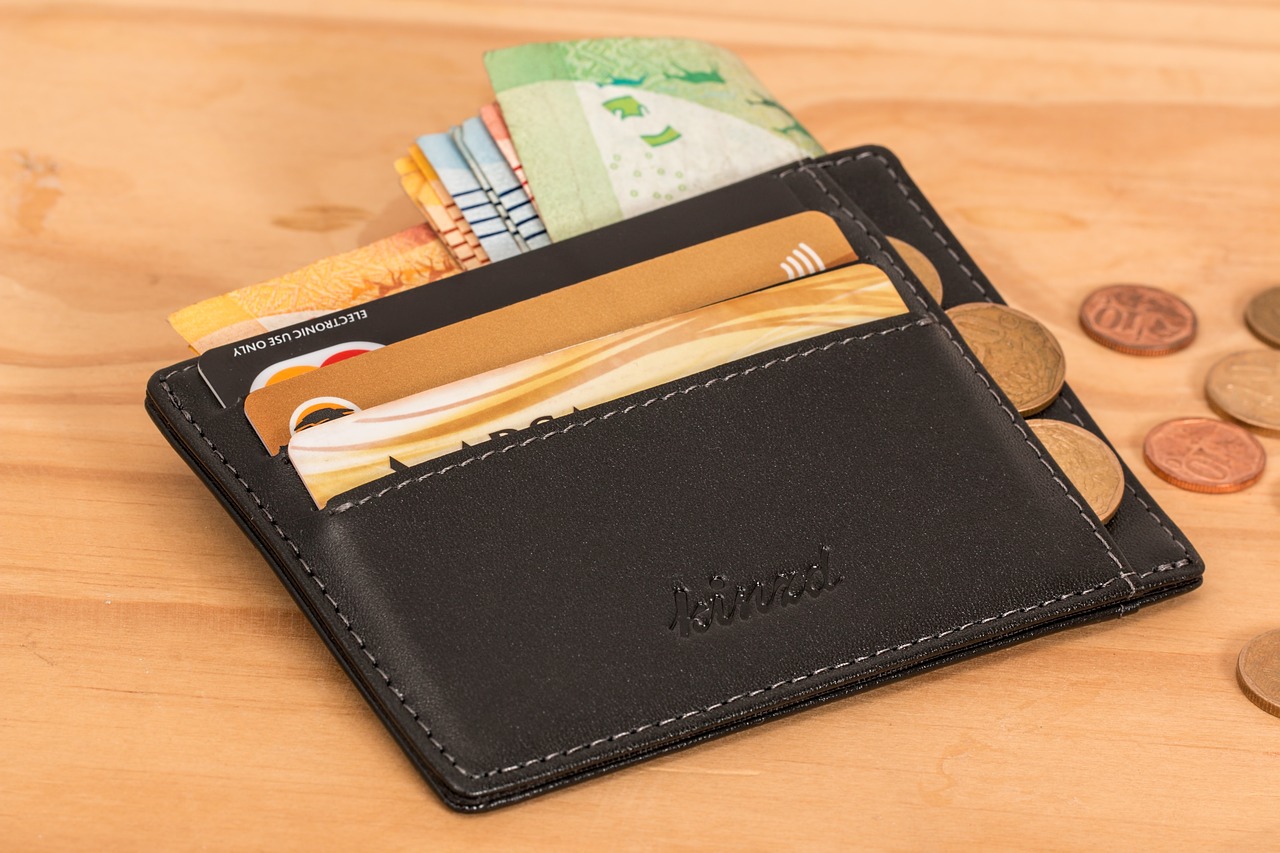
Cold Wallets
Cold wallets, often referred to as offline wallets, are the fortress of the digital asset world. Imagine them as a safe deposit box in a bank, where your invaluable treasures are stored away from prying eyes and potential threats. These wallets are not connected to the internet, which significantly reduces the risk of hacking and unauthorized access. For NFT collectors who prioritize security, cold wallets offer a robust solution for long-term storage of their digital assets.
One of the standout features of cold wallets is their ability to store private keys offline. This means that even if a hacker were to breach your online accounts, they would still be unable to access your NFTs, as the keys needed to unlock these assets are safely tucked away. There are various types of cold wallets available, including hardware wallets and paper wallets. Hardware wallets, like the Ledger and Trezor, are physical devices that store your keys securely, while paper wallets involve printing your keys on paper, which can be stored in a safe place.
However, it’s essential to note that while cold wallets provide exceptional security, they come with their own set of limitations. For instance, they can be less convenient for frequent transactions. If you're someone who trades NFTs regularly, the process of transferring assets to and from a cold wallet can feel cumbersome compared to the instant access offered by hot wallets. Thus, it’s crucial to strike a balance between security and convenience based on your personal trading habits.
When considering a cold wallet, it's also important to evaluate the following factors:
- Device Compatibility: Ensure that the cold wallet is compatible with the NFT platforms you intend to use.
- Ease of Use: Look for wallets that offer a user-friendly interface, even if they are offline.
- Backup Options: Check if the wallet provides secure backup measures to recover your assets in case of loss or damage.
In conclusion, cold wallets are an excellent choice for NFT collectors who are serious about security. By keeping your assets offline, you significantly reduce the risk of theft and hacking. However, it's vital to consider your trading habits and the convenience you require before making the switch. Ultimately, the right cold wallet can provide peace of mind, allowing you to focus on enjoying your digital collection without the constant worry of security breaches.

Choosing the Right Wallet for Your NFTs
When it comes to , it’s not just about picking the first option you see. Imagine you’re selecting a safe for your prized possessions; would you settle for anything less than the best? Similarly, your digital assets deserve the same level of consideration. The right wallet can make a world of difference in how you manage, trade, and secure your NFTs. So, let’s dive into some key factors you should consider before making your decision.
First and foremost, think about your trading frequency. Are you a casual collector or a frequent trader? If you find yourself constantly buying, selling, or swapping NFTs, a hot wallet might be your best bet due to its ease of access. However, if you’re more of a long-term holder, a cold wallet could provide the security you need to keep your valuable tokens safe from potential threats.
Next, assess your security preferences. Are you willing to sacrifice some convenience for enhanced security? It’s essential to weigh the pros and cons of each wallet type. For instance, while hot wallets offer quick access, they also come with higher risks of hacking. On the other hand, cold wallets, while more secure, can be less convenient for frequent transactions. Understanding your risk tolerance will help guide your choice.
Additionally, consider the types of NFTs you own. Not all wallets support every NFT standard. If you’re heavily invested in a specific blockchain, ensure that your chosen wallet is compatible. For example, Ethereum-based NFTs might be better served by wallets like MetaMask, while other blockchains may have their own dedicated solutions. This compatibility will save you a lot of headaches down the road.
Now, let’s talk about some features that can enhance your wallet experience. When comparing wallets, look for:
- Multi-chain support: If you plan to diversify your NFT collection across different blockchains, a wallet that supports multiple chains can be incredibly beneficial.
- User interface: A user-friendly interface can make managing your NFTs a breeze, especially for those who are new to the crypto space.
- Additional security measures: Features like two-factor authentication (2FA) or biometric access can provide an extra layer of protection for your assets.
Finally, don’t forget to read reviews and gather feedback from other users. The community can be a goldmine of information when it comes to understanding the real-world performance of different wallets. You want to ensure that others have had positive experiences with the wallet you’re considering.
In summary, choosing the right wallet for your NFTs involves a careful evaluation of your trading habits, security needs, and the specific features you value. Taking the time to make an informed decision can save you from potential pitfalls and enhance your overall NFT experience.
Q: What is the safest type of wallet for NFTs?
A: Cold wallets are generally considered the safest option for storing NFTs due to their offline nature, which protects them from online threats.
Q: Can I use a hot wallet for long-term storage?
A: While you can use a hot wallet for long-term storage, it’s not recommended due to the increased risk of hacking. It’s better suited for frequent transactions.
Q: How do I know if a wallet supports my NFTs?
A: Check the wallet’s official website or documentation to see the list of supported blockchains and NFT standards.
Q: Are there fees associated with using NFT wallets?
A: Many wallets are free to use, but some may charge transaction fees or offer premium features for a cost. Always read the fine print!
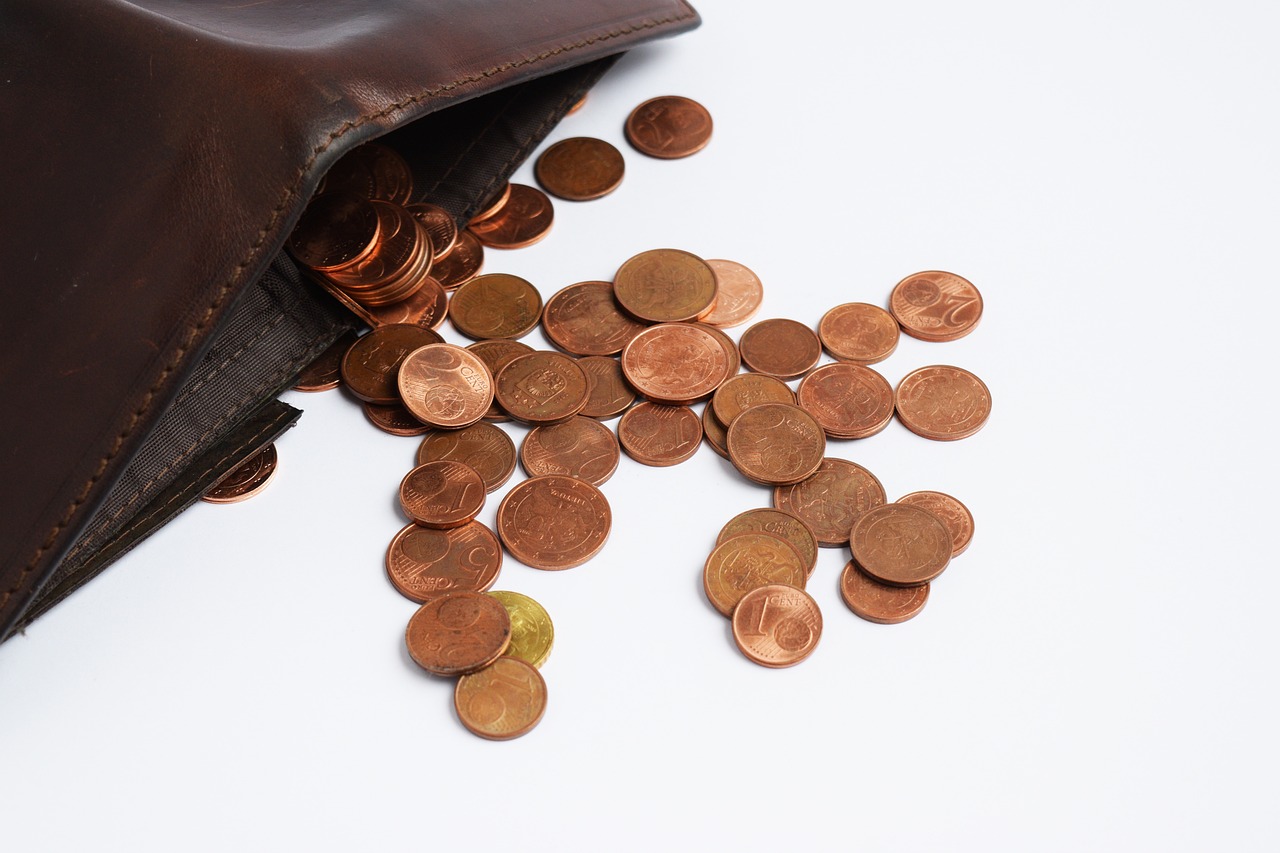
Assessing Your Needs
When it comes to choosing the right wallet for your NFTs, it's essential to take a step back and assess your needs. Think of it like buying a pair of shoes; you wouldn't just grab the first pair you see without considering what you actually need them for, right? The same goes for NFT wallets. Your choice should align with your trading habits, security concerns, and the types of NFTs you own. So, let’s dive deeper into what you should consider.
First and foremost, consider how often you plan to trade your NFTs. If you're someone who enjoys buying and selling frequently, a hot wallet might be your best bet due to its convenience and quick access. However, if you’re more of a collector who likes to hold onto your assets long-term, a cold wallet could be the safer option. Cold wallets are designed for offline storage, providing a robust layer of security that hot wallets simply can't match.
Next, think about the types of NFTs in your collection. Are they primarily artwork, music, or perhaps virtual real estate? Different wallets may support different types of tokens, so you want to ensure that the wallet you choose can accommodate your specific assets. For instance, if you’re into gaming NFTs, some wallets might offer features tailored for that niche, enhancing your overall experience.
Another factor to consider is your technical expertise. If you’re not particularly tech-savvy, a wallet with a user-friendly interface will make your life a lot easier. Hot wallets like MetaMask and Trust Wallet are generally more intuitive, while cold wallets might require a bit more understanding of how to set up and manage them. Don’t let the jargon intimidate you; there are plenty of resources available to help you navigate the world of NFTs.
Additionally, take a moment to evaluate your security preferences. Are you comfortable with the risks associated with hot wallets, or do you prefer the peace of mind that comes with cold storage? It’s crucial to find a balance between convenience and security that suits your lifestyle. You might even want to consider using a combination of both types of wallets—keeping your long-term assets in a cold wallet while using a hot wallet for more active trading.
Finally, remember to keep an eye on the wallet features that matter most to you. Look for options that offer multi-chain support if you plan to diversify your NFT collection across different blockchains. Some wallets come with built-in marketplaces, allowing you to buy and sell NFTs directly from the app, which can be a huge time-saver. Ultimately, the right wallet will align with your unique needs and make managing your NFT collection a breeze.
- What is the difference between hot and cold wallets? Hot wallets are connected to the internet and are ideal for frequent transactions, while cold wallets are offline and provide enhanced security for long-term storage.
- Can I use multiple wallets for my NFTs? Absolutely! Many users opt for a combination of hot and cold wallets to balance convenience and security.
- Are NFT wallets safe? While no wallet is entirely risk-free, choosing reputable wallets and following best security practices can significantly reduce your risks.
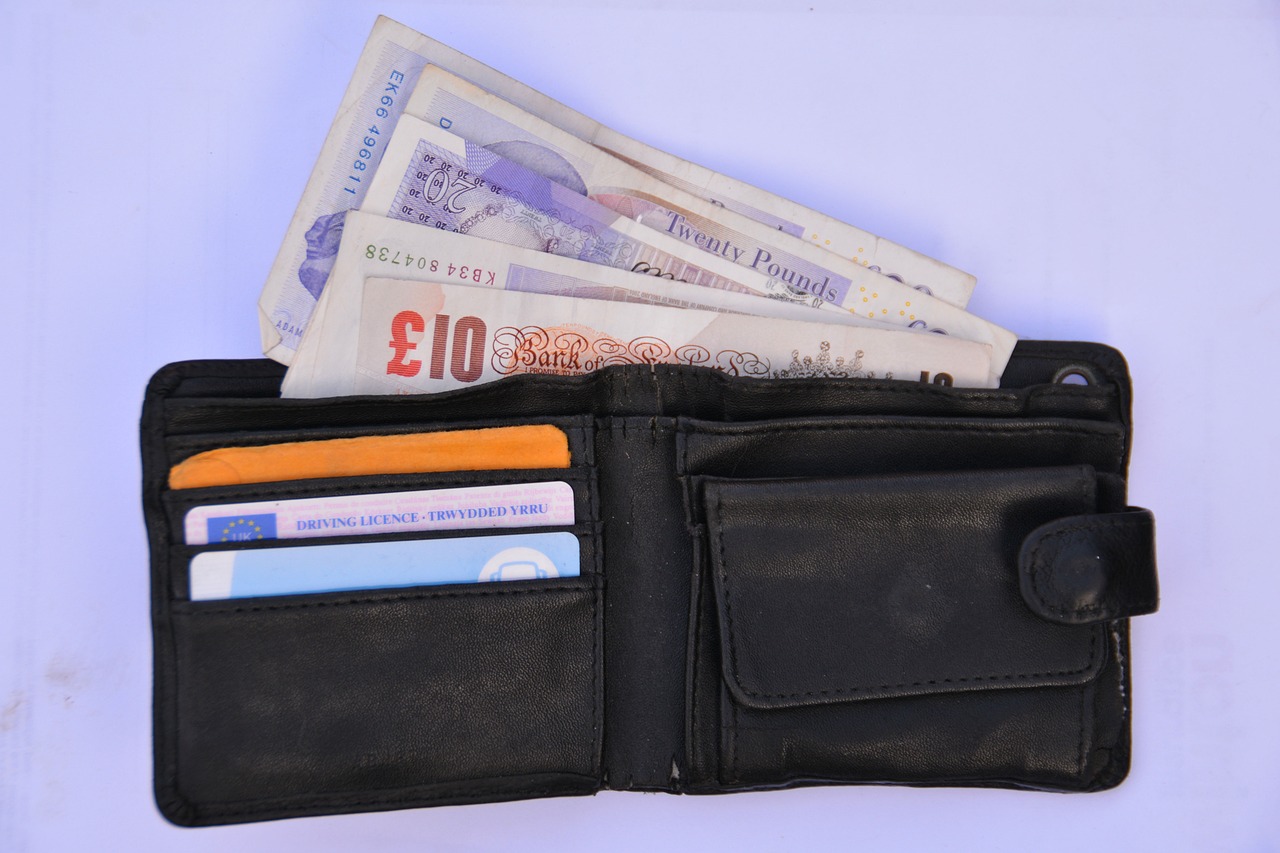
Comparing Wallet Features
When it comes to choosing the right wallet for your NFTs, not all wallets are created equal. Each wallet comes packed with unique features that cater to different user preferences and needs. Understanding these features can make a significant difference in how you manage your digital assets. So, let’s dive into the key aspects you should consider when comparing wallet options.
First and foremost, user interface plays a crucial role. A wallet with a clean, intuitive interface makes it easier for both beginners and experienced users to navigate. Imagine trying to find your favorite song in a cluttered playlist; it can be frustrating! Similarly, a user-friendly wallet helps you locate your NFTs quickly and efficiently.
Another essential feature to evaluate is multi-chain support. As the NFT ecosystem expands, more tokens are being launched on various blockchains. A wallet that supports multiple chains allows you to manage different types of NFTs all in one place. For instance, if you own NFTs from Ethereum, Binance Smart Chain, and Solana, a multi-chain wallet can save you the hassle of juggling multiple wallets.
Security measures are non-negotiable when it comes to storing your NFTs. Look for wallets that offer two-factor authentication (2FA), biometric logins, and end-to-end encryption. These features act as digital locks on your vault of NFTs, ensuring that only you can access your treasures. Additionally, it’s wise to check if the wallet allows you to control your private keys. Remember, if you don’t own your keys, you don’t own your NFTs!
Furthermore, consider the transaction fees associated with each wallet. Some wallets charge fees for transactions or for converting cryptocurrencies, which can add up over time. It’s like paying a cover charge to enter a club; you want to ensure the experience is worth the price! Make sure to read the fine print and understand what you're signing up for.
Lastly, customer support can be a game-changer. If you run into issues or have questions, having access to responsive customer service can alleviate a lot of stress. Look for wallets that offer 24/7 support through various channels such as chat, email, or forums. After all, it’s always comforting to know that help is just a click away.
To summarize, here’s a quick comparison table of the features you should look for in NFT wallets:
| Feature | Importance |
|---|---|
| User Interface | Ease of navigation and usability |
| Multi-Chain Support | Ability to manage NFTs across different blockchains |
| Security Measures | Protection of your assets against unauthorized access |
| Transaction Fees | Understanding costs associated with transactions |
| Customer Support | Assistance for troubleshooting and inquiries |
In conclusion, comparing wallet features is not just about picking the first option you see; it’s about finding the right fit for your unique needs. By evaluating user interface, multi-chain support, security measures, transaction fees, and customer support, you can make an informed decision that will keep your NFTs safe and easily accessible.
- What is an NFT wallet? An NFT wallet is a digital storage solution specifically designed to hold non-fungible tokens securely.
- Are hot wallets safe for storing NFTs? While hot wallets offer convenience for transactions, they are more vulnerable to hacks compared to cold wallets.
- Can I use the same wallet for different types of NFTs? Yes, if the wallet supports multi-chain functionality, you can store various types of NFTs within the same wallet.
- What should I do if I forget my wallet password? Most wallets provide recovery options. Ensure you follow their guidelines carefully to regain access.
Frequently Asked Questions
- What is an NFT wallet?
An NFT wallet is a digital storage solution specifically designed to hold non-fungible tokens (NFTs). These wallets allow you to securely store, manage, and trade your digital assets, ensuring that your unique collectibles are safe from unauthorized access.
- What are the different types of NFT wallets?
There are primarily three types of NFT wallets: hot wallets, cold wallets, and hardware wallets. Hot wallets are connected to the internet and offer convenience for frequent transactions, while cold wallets are offline and provide enhanced security for long-term storage. Hardware wallets are a type of cold wallet that offers physical security for your digital assets.
- Are hot wallets safe for storing NFTs?
Hot wallets are convenient but come with security risks due to their online nature. While they are suitable for users who prioritize accessibility and frequent transactions, it’s essential to follow best practices like enabling two-factor authentication and using strong passwords to mitigate potential threats.
- What are the benefits of using cold wallets for NFTs?
Cold wallets offer enhanced security as they are not connected to the internet, making them less vulnerable to hacks. They are ideal for users who want to store their NFTs long-term without worrying about online threats. However, they may be less convenient for frequent transactions.
- How do I choose the right wallet for my NFTs?
Choosing the right wallet depends on your trading frequency, security preferences, and the types of NFTs you own. Assess your personal needs and habits, and compare the features of different wallets to find the one that best suits your requirements.
- Can I use multiple wallets for my NFTs?
Yes! Many users choose to use multiple wallets to diversify their storage options. For instance, you can keep some NFTs in a hot wallet for quick access while storing others in a cold wallet for enhanced security. This strategy can help balance convenience and safety.





